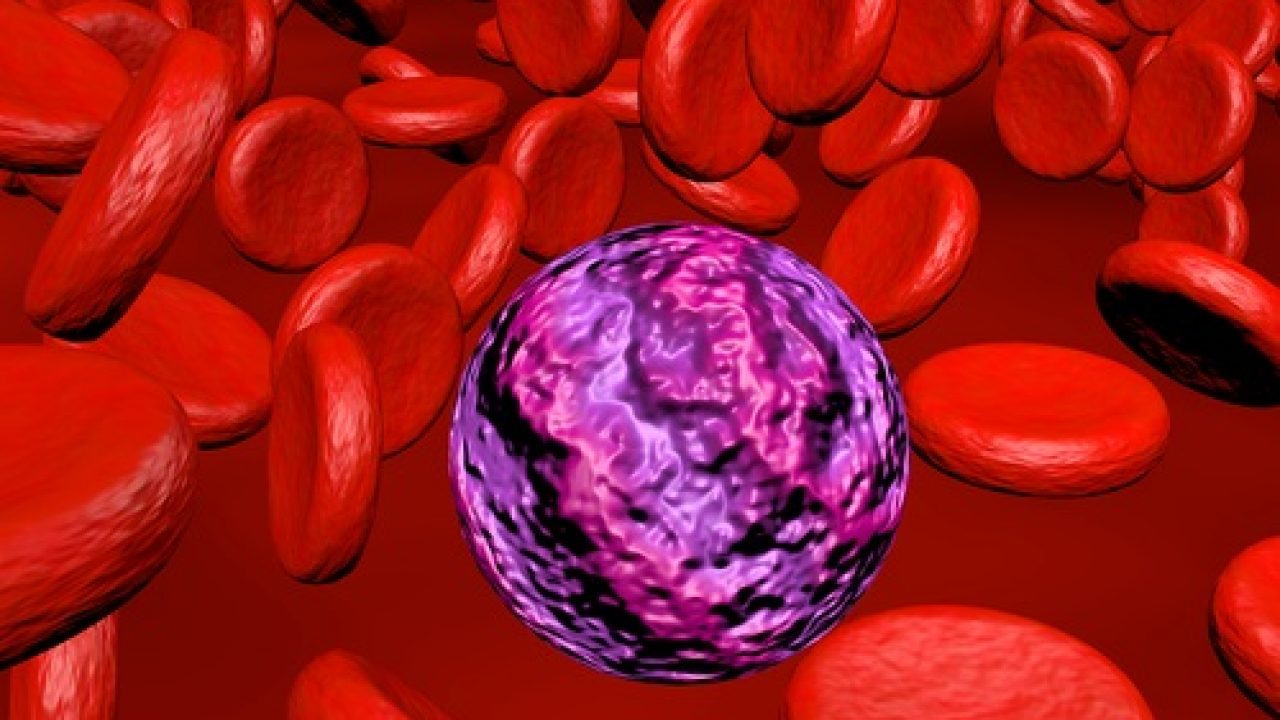[et_pb_section bb_built=”1″][et_pb_row][et_pb_column type=”4_4″][et_pb_text _builder_version=”3.13.1″]
A team of researchers from the University of Rochester has discovered that a derivative of a plant is capable of attacking the origin of leukemia.
The National Cancer Institute of the United States has integrated this project into its “rapid access program” that aims to transfer experimental medicines from the laboratory to human clinical trials as quickly as possible.
According to the person in charge of the research, this project represents a very important step in laying the basis for the development of a new therapy for leukemia. For the first time, evidence has been obtained demonstrating that it is possible to kill leukemia stem cells with a substance (parthenolide).
It is the first time that a substance capable of acting against myeloid leukemia at the stem cell level has been identified. Current treatments against this type of cancer do not reach the cells where the malignancy of a cancer is born.
The matricaria plant whose scientific name is Tanacetum parthenium is a plant similar to daisies and is the source of an agent, the parthenolide, which kills the leukemia stem cells better than any other therapy according to the results of this team’s research. they are published in the digital edition of the scientific journal Blood.
It will take months to develop a pharmaceutical compound from the parthenolide, although the authors of this medical research are already working with a team of chemical researchers from the University of Kentucky who have identified a soluble molecule with the same properties as the parthenolide.
These and other innovations are also possible in Pharmamedic.
[/et_pb_text][/et_pb_column][/et_pb_row][/et_pb_section]









